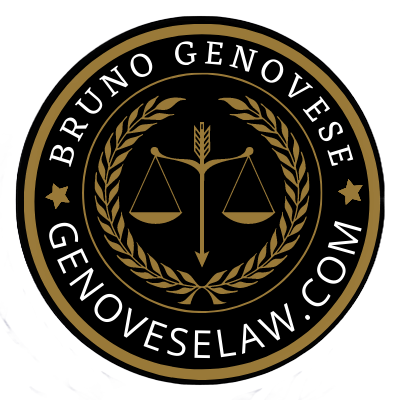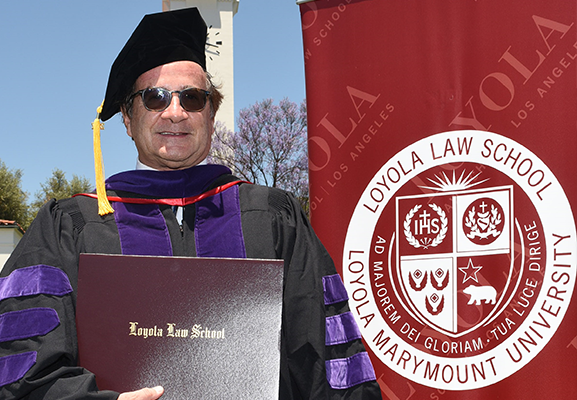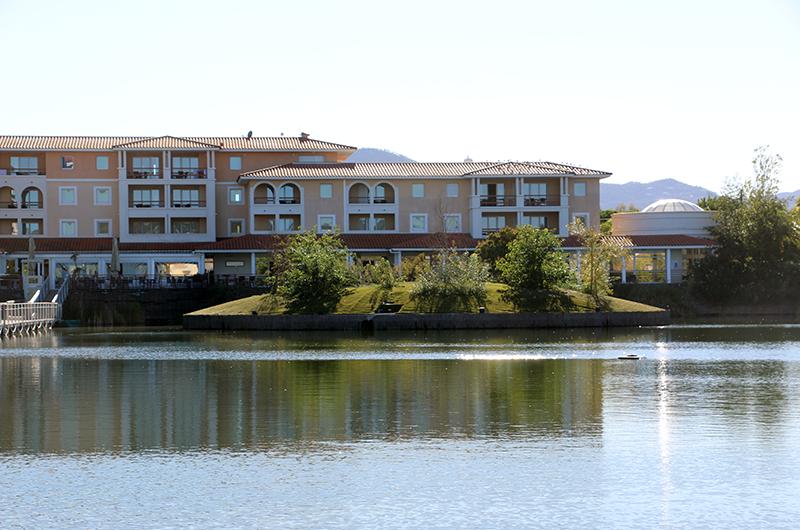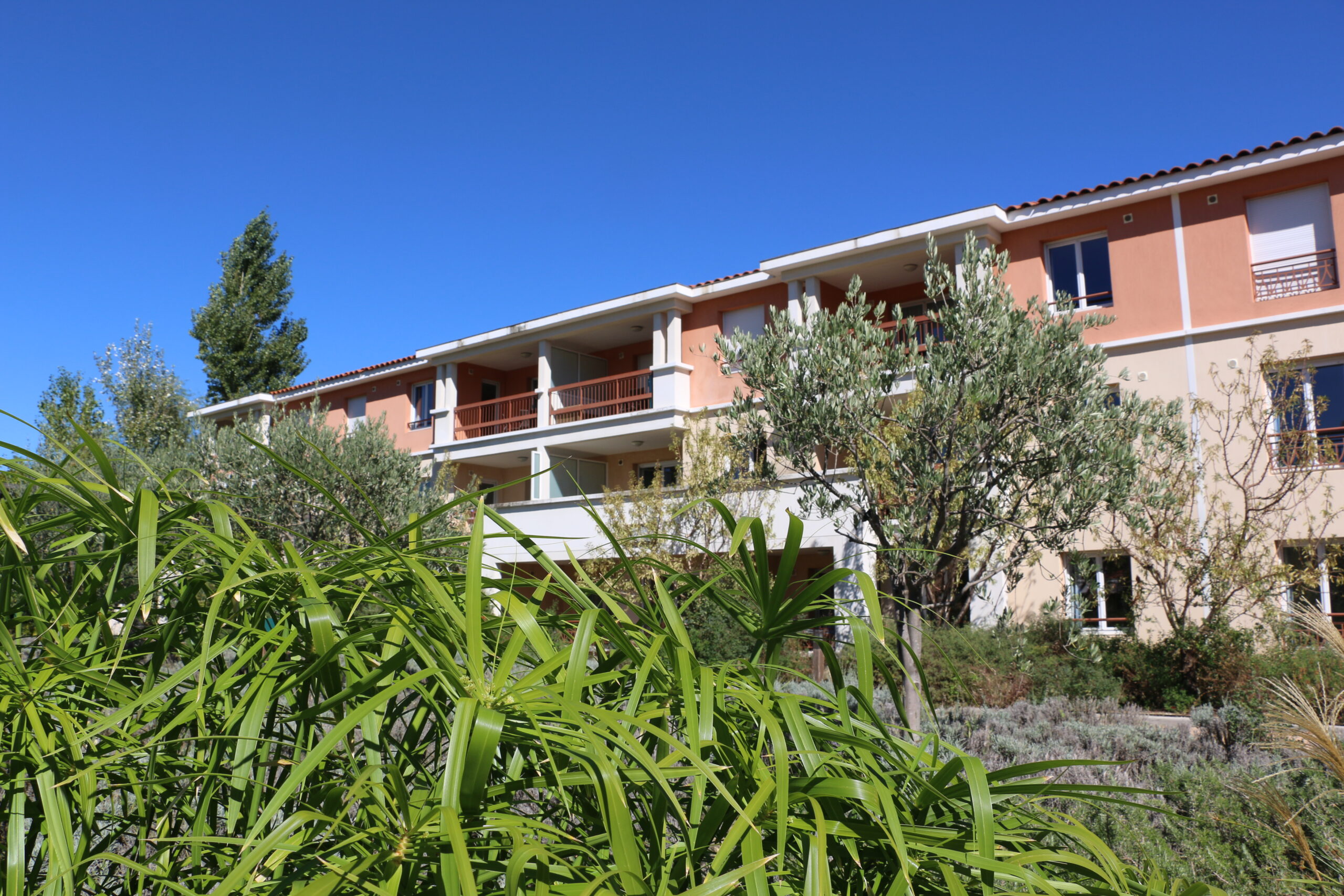Introduction
Ah, French leaseback properties – the promise of la belle vie, hands-off property ownership, and guaranteed rental income, all wrapped up in a scenic French setting. But then COVID-19 arrived, bringing with it a whirlwind of lockdowns, travel restrictions, and a cascade of “unprecedented” events that turned the leaseback market on its head. If you’re feeling as if your leaseback investment has taken on a life of its own, you’re not alone.
COVID-19 has left its mark on French leaseback properties in ways that are still being unraveled. From sudden drops in rental income to unexpected maintenance fees, leaseback owners across France are facing new challenges. Here’s a look at how the pandemic has reshaped the landscape and what it means for current and future leaseback investors.
1. The Rental Income Roller Coaster – Guaranteed No More
The appeal of leaseback properties has always been the “guaranteed” rental income, a seemingly foolproof system that kept the cash flow as steady as a well-poured Bordeaux. But when the pandemic hit, tourism came to a screeching halt, and that “guaranteed” income became more of a vague suggestion.
The COVID Effect: Income Interruptions and Adjustments
With travel restrictions and lockdowns keeping tourists away, many property management companies found themselves unable to meet rental guarantees. While some companies continued to honor their contracts, many invoked “force majeure” clauses, suspending payments until the market stabilized. Owners who had come to rely on steady quarterly payments suddenly found their rental income gone, or at best, reduced.
For example, one leaseback owner, Claire, recalled how her property management company sent a rather optimistic letter at the start of the pandemic: “Due to unforeseen circumstances, we regretfully suspend rental payments but look forward to resuming them soon!” “Soon” turned out to be a year and a half – a period during which Claire had to get creative to keep up with property-related expenses.
What to Expect Moving Forward
As the tourism sector recovers, some management companies have resumed rental payments, though often at reduced rates. For owners, it’s crucial to temper expectations and understand that the recovery may be gradual. A return to pre-pandemic income levels could take time, so it’s wise to budget conservatively in the meantime. And if you’re feeling nervous about future disruptions, consult with a legal advisor to see if your contract allows for renegotiation or contains clauses that could protect your income in similar events down the line.
2. The “Surprise!” Fees – When Maintenance Becomes an Owner’s Burden
If you thought COVID-19 would at least mean a break from rising maintenance fees, think again. As property managers scrambled to cover losses, many passed additional costs to owners in the form of unexpected fees for “health and safety measures” or “emergency upkeep.” It’s as if the management companies were saying, “We can’t pay your rent, but we hope you’ll be thrilled to fund a new ventilation system!”
Fees Piling Up Like Unopened Bottles of Bordeaux
Many leaseback owners reported sudden maintenance charges throughout the pandemic – expenses justified as necessary for complying with health regulations. Some managers installed air purifiers, upgraded cleaning services, or made structural changes to common areas to ensure they met post-COVID safety standards. And guess who footed the bill? That’s right, the owners.
One owner, Pierre, found himself staring at an invoice for “sanitization upgrades” that included everything from touch-free hand sanitizer dispensers to no-touch elevator buttons. While these updates may indeed make guests feel safer, they were hardly the investment Pierre had in mind when he signed up for “low maintenance” ownership.
The Path Forward: Questioning and Negotiating Fees
If you’re facing unexpected COVID-related fees, don’t hesitate to ask the property manager for a full breakdown. Request receipts or explanations for each charge to ensure that the expenses are legitimate and necessary. If the fees seem excessive or unrelated to COVID compliance, consider reaching out to the syndicat de copropriété (owners’ association) to collectively voice your concerns. And if all else fails, consult with a French attorney to determine if these fees are legally enforceable. After all, just because it’s labeled as “emergency upkeep” doesn’t mean it’s immune from negotiation.
3. Changing Market Conditions – When the French Tourism Industry Takes a Sieste
The French tourism market, which fuels the leaseback model, took a serious hit during the pandemic. With far fewer tourists, many leaseback properties found themselves sitting empty, and management companies faced the struggle of marketing vacation rentals in a world where vacation itself seemed like a distant memory.
The Tourism Slump: How It’s Affecting Leaseback Demand
When tourism dropped, so did demand for short-term rentals, leaving property managers with far fewer bookings. Some management companies managed to adapt by marketing properties to locals looking for staycations or even temporary workspaces. But for many, these stopgap solutions weren’t enough to keep rental income flowing at pre-pandemic levels.
This drop in demand has also affected leaseback resale values. Properties once marketed as “reliable income generators” have lost some of their appeal to potential buyers, as investors question whether the market can sustain leaseback returns in a post-COVID world. It’s like trying to sell a vintage wine after discovering that the cork might have dried up – the potential is still there, but buyers are a bit more cautious.
The Good News: A Gradual Recovery
While the road to recovery is long, France’s tourism industry is resilient. As travel restrictions lift and international visitors return, demand for short-term rentals is beginning to pick up again. For current owners, this means a potential uptick in rental income and, over time, an improvement in resale values. If you’re considering selling, be patient – you might find a stronger market if you wait until demand fully rebounds.
4. What’s Next for Leaseback Owners? Strategic Moves in a Post-Pandemic World
If you’re a leaseback owner affected by the pandemic, it may be time to rethink your strategy. COVID-19 has changed the leaseback landscape, but with the right moves, you can still protect your investment.
Consider Renegotiating the Lease
If your income has been reduced or suspended, see if your contract allows for renegotiation. Some property managers may be open to updating terms, especially if it helps stabilize rental income for both parties. Renegotiation can involve everything from adjusting rental payments to reducing maintenance fees, and it’s worth exploring if you’re in it for the long haul.
Exploring Exit Options
For those who have had enough, consider exiting the leaseback arrangement altogether. COVID-19 has given many owners a new perspective on property ownership, and if you’d prefer to regain full control, selling the property or negotiating a buyout could be an option. Keep in mind that the market is still rebounding, so if you choose to sell, timing could play a big role in the price you fetch.
Staying Flexible
Finally, remember that the post-COVID world is still evolving. Tourism trends, management practices, and even consumer preferences are shifting, so staying flexible is key. Consider setting aside an emergency fund to cover unexpected fees or income disruptions, and keep an eye on tourism developments – what’s true today may shift tomorrow.
Conclusion: COVID-19’s Lessons for Leaseback Investors
The pandemic has brought a new reality to French leaseback properties, one that challenges the traditional idea of “hands-off” ownership and guaranteed returns. While it’s been a bumpy ride, there are ways to adapt, protect your investment, and, when needed, push for fair terms in your lease.
Whether you’re planning to stick it out, negotiate, or start fresh with a different property investment, COVID-19 has taught all of us a thing or two about resilience – and maybe even a bit about patience. After all, the pandemic has been as unpredictable as French weather, and navigating leaseback ownership is a lot like navigating a Parisian café menu: a mix of surprises, challenges, and the occasional reward. Here’s to finding a way forward that works for you, no matter what the next “unprecedented” event might bring.





